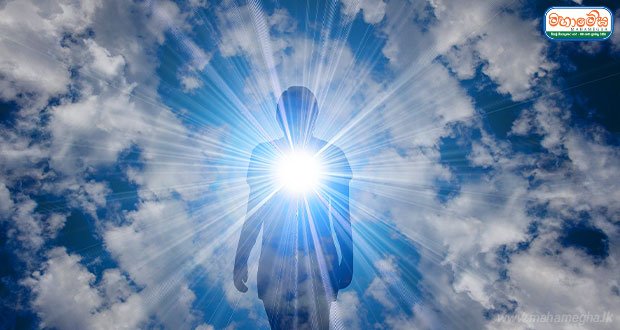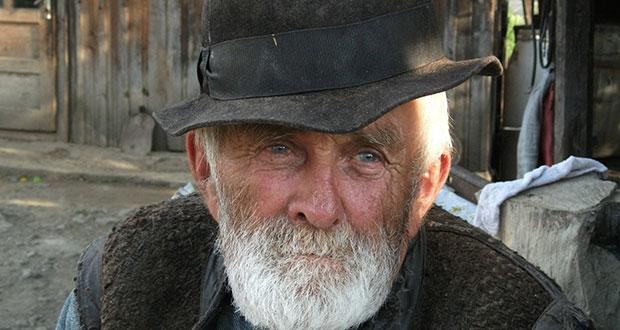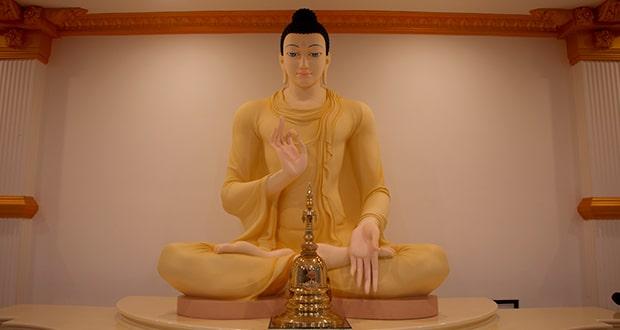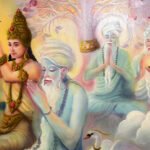Birds were singing side by side dancing with happiness. They were enjoying the beauty, comfort and perfectness of the newly born nature in that summer. The trees were filled with green leaves and fruits. A fresh smell was spreading all over. Beautiful butterflies with wings of characteristic patterns were flying here and there freely. Young deer were playing with each other under the careful attention of their mother. It looked like even the humans had some kind of freshness in their faces. “Wow! This summer is so beautiful. I wonder if it lasts forever…” An eager child would want the summer to last eternally, so he could come out and play with his friends always. Few months went by. The green leaves started to wither and turn into brownish color. After a while, they started to fall on the ground. It was like those beautiful birds and butterflies were never existed in the first place. The sky was covered by a miserable darkness. Now the surroundings do not have that fresh smell anymore. Oh! How fast the things change in this world!
When we talk about time, we speak of seconds, minutes, hours, days, or months and so on. It is very rarely that we talk about time at smaller scales, even in milliseconds. But, we sense how fast the time goes when we see changes around us. Recently, it was shown that it is possible to measure time to a very high accuracy with the use of superaccurate clocks known as ‘optical clocks’. With these clocks, a time difference between two points in space was determined up to an unimaginable value. In fact, the time is supposed to move faster than we could ever realize with any physical instruments. With these advancements, scientists also confirmed one of the concepts in the ‘theory of relativity’ postulated by Albert Einstein. What it stated was that time is a relative term and therefore time could be slightly different with respect to the point in space that it was measured. Even though Einstein predicted such an occurrence in early nineties, science could prove it only recently. However, the Gautama Buddha taught us about time in his discourses up to a broad and deep level about 2600 years ago. His knowledge about time was exceptional and profound.
“Life brings death. There is a very little time to live. There is no safe heaven for beings whose death is brought upon them by deterioration. One who sees this fear that brings by the death has to let go of worldly pleasures with the intention of realizing Nibbana.” This is a stanza preached by the Gautama Buddha to a deity in the ‘Upanēyathi Sutta’ in the 1st part of ‘Samyutta Nikāya’. It is clear how the Supreme Buddha emphasized the importance of having an understanding about the amount of time one has in any kind of birth. He had shown us how little time we have before the death takes us. Also, the Supreme Buddha saw how time affects on living beings. It was only from his teachings we could learn about it and how to free from the main effect of time, the aging, which is one of the pressing problems each and every being face in any world. Each second we spend, we get close to the end of this life. “Impermanence” is the profound word that the Supreme Buddha used to describe it. He showed us that everyone is born due to a cause (Bhava). The effect of that cause fades away with time, while the things necessary for another life are gathered. It is a cycle, which can only be stopped by following the Buddha’s teachings.
When we were children, we heard that the lifespan of a human being is little close to 120 years. However, the amount of time we have in this world as a human has rapidly decreased. By 2008, the overall life expectancy of humans has been reported to be from <40 to >80 years. In Sri Lanka by 2008, it was 74 years. Even this change of life expectancy was first revealed by the Gautama Buddha. He showed that the lifespan of humans will decrease to 10 years after some time in the future. All these and more details we learn from Buddha’s teachings show us how profoundly He saw the effects of time on these beings. In fact, He freed himself from this change. He did this by realizing the ‘Patichchasamuppādaya’ (the law of cause and effect). The ultimate result of such knowledge was the freedom of all suffering or the attainment of Nibbana. His advice for us was ‘not to be late’. A wise disciple will listen to Buddha’s advice and free himself from being a victim of time by realizing the Four Noble Truths.
Chinthaka Mahesh (Phd)
Oak Ridge, USA












Recent Comments